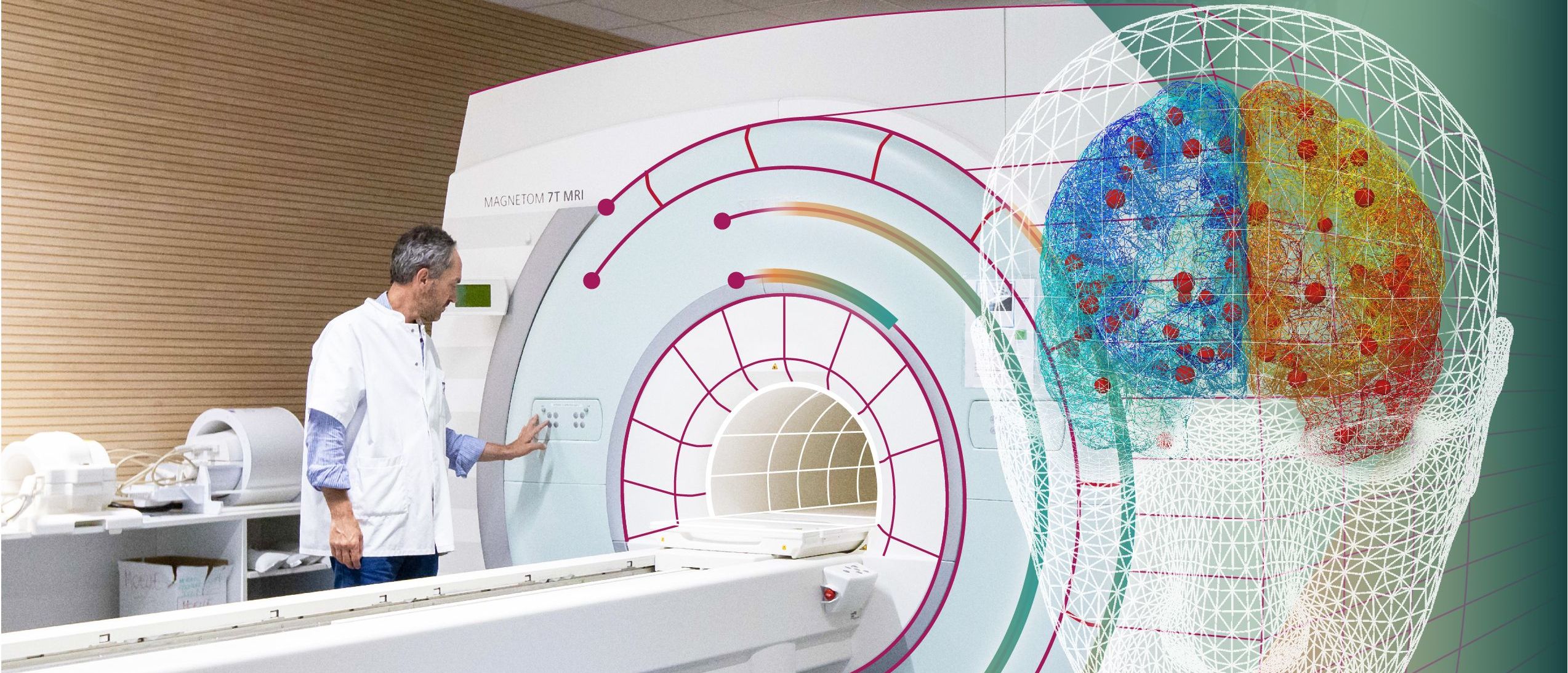How scientists are changing the way we treat epilepsy with EBRAINS

The work is dedicated to improving the surgery success rate for epileptic patients, by using extremely detailed brain simulation, patient-specific models and predictive software tools. And it’s already undergoing a large-scale clinical trial in 11 French hospitals, involving almost 400 patients. The trial is being led by Viktor Jirsa, the Chief Science Officer of EBRAINS. Started in January 2019, it is expected to last four years and has shown some promising preliminary results.
The researchers simulate a digital version of the brain of each patient, through a computational tool called “The Virtual Brain” (TVB), which is integrated into the EBRAINS research infrastructure. The system was adapted to epilepsy thanks to the collaboration with Fabrice Bartolomei, neurologist at the Timone Hospital in Marseille. TVB can simulate and predict the spread of a seizure activity in a particular brain, effectively becoming a “virtual patient” whose patterns of seizure spread reflect the ones of the real patient it is based on. Armed with this knowledge, neurosurgeons can then target the epileptogenic areas during surgery more precisely.
EBRAINS enables researchers to make multiple data sources compatible with TVB, for example, the high-resolution 3D Multilevel Human Brain Atlas, which includes the BigBrain dataset. EBRAINS also provides access to deep-learning applications and other computational tools to further boost the accuracy of the models and help pinpoint the targets for surgery with greater precision.